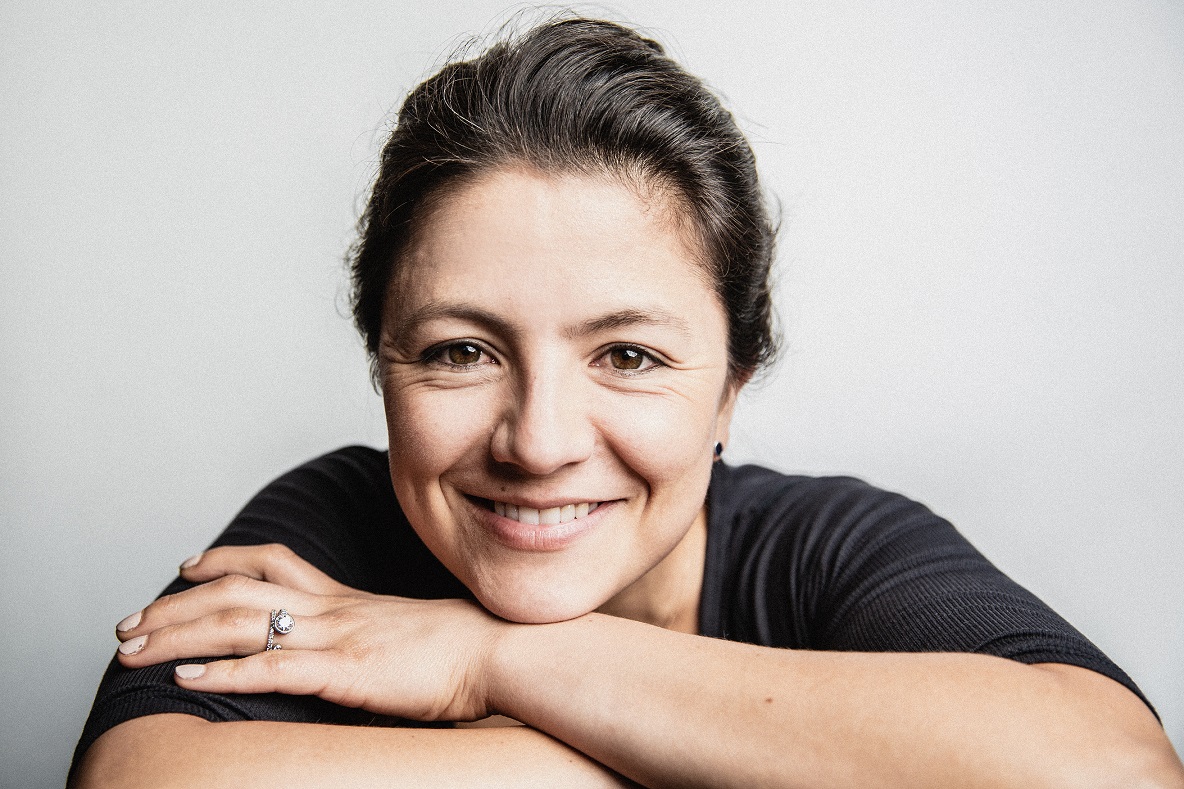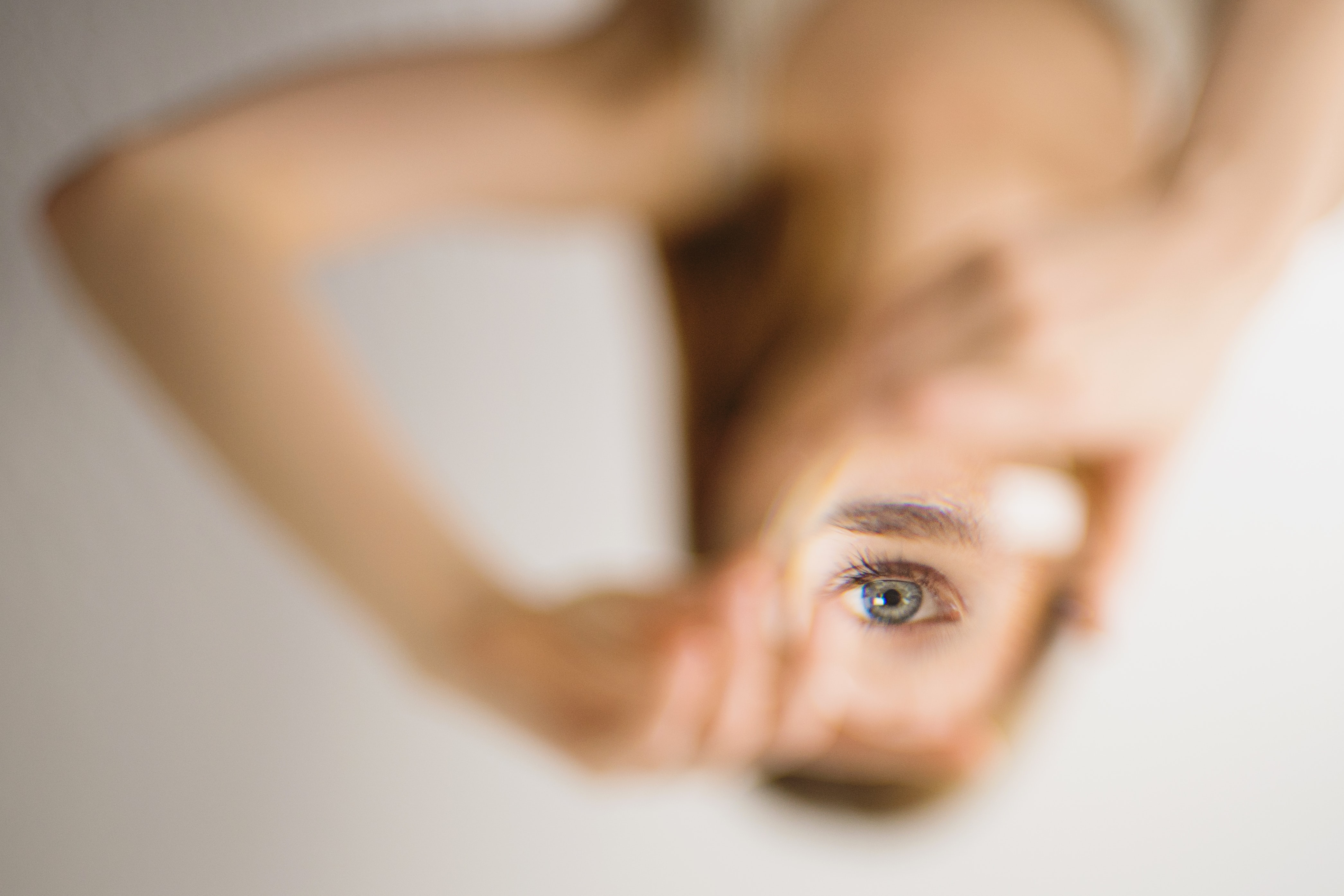Today, most of us are staying home and social distancing to fight the spread of the Coronavirus.
I’ve been working from home for the past three years, so my daily life hasn’t changed much.
The only difference is that my partner is now working remotely in an improvised office in the dining room.
Each person is experiencing the Coronavirus pandemic in different ways.
For me, the energy feels like when it is a holiday. It is very quiet and still. It feels like there’s less pressure to do; less pressure to be “on” all the time.
I interpret this moment in history as an opportunity to notice how fractured my attention tends to be.
This quarantine is allowing me to intentionally decide where I want to direct my attention, which I find liberating and revealing.
While social distancing and staying home has minimized the sources of distraction, the surge of free online content (including mine!) can divert our focus and undermine this unique opportunity.
This has been a recurring theme in the bi-weekly Women’s Reflection Group I hold (now virtually), and my weekly client-exclusive group sessions:
How can I deal with feeling overwhelmed by the news and all the free content these days?
For me, it all comes down to protecting our attention.
Research shows that half of the time we’re not paying attention to what we’re doing at any given moment.
Our minds’ natural tendency to wander is exacerbated by smart phone technology, easy access to information (lots of it!), social media, and the “appization” of our daily lives.
Nowadays, there’s very little we don’t use a screen for! As a result, we’re all suffering from an attention deficit.
While it has many benefits, technology is permanently hijacking our attention, negatively impacting our well-being.
“A wandering mind is an unhappy mind”, a group of social psychologists at Harvard concluded almost a decade ago.
Our attention is one our biggest assets, but it is not unlimited.
In today’s economy, everyone is competing for our attention. That’s the case now as much as it was before Coronavirus.
No wonder why it’s so hard to be present and mindful!
For the sake of our mental, emotional, and physical well-being, we must be very intentional about how we allocate our attention.
Here are three questions that are helping me protect my attention these days:
1. What and who deserves my attention?
For me it is my family and friends, my business, my meditation practice, physical activity, and cooking. I give say 5% my attention to the news to stay updated, but only at end of the day once I’ve focused on what matters most to me during the day.
Choosing what/who to pay attention to allows me to decide what I don’t want to spend my attention on: social media or excessive news consumption, for example.
Since we do not have an unlimited stash of attention per day, a simple way to decide what deserves your attention is determining what are your priorities and whether dedicating your attention to something will make you happy or improve your life.
2. Do I (really) need this?
I try to ask myself this question every time I feel the urge to grab my phone, check WhatsApp, go on Instagram, or sign up for free courses.
The more I ask myself this question, the more aware I’ve become of how I use these distractions to avoid stillness, an uncomfortable feeling, or procrastinate.
But it is also about noticing the difference between a real need or a created necessity.
My clients have nailed this distinction, “Will signing up for this free meditation help me feel better? Or do I just want to take advantage of free stuff (i.e. am I being opportunistic)?”.
“Do I really need to learn about data science? Or is it about the pressure to be productive all the time and not feel lazy during this time?”.
Always remember technology and marketing are most effective when they are able to hijack our “psychological vulnerabilities”; to make us feel like we need something.
3. Will I still want this in five minutes?
I have a rule to buy clothes: “Don’t buy it out of impulse. If you’re still thinking about that shirt a month later, go for it”.
Guess what, most of the time I forget I even wanted to buy something in the first place!
These days, I’m trying to apply this logic to what I consume online.
If I see a catchy story title on Medium and five hours later I’m still thinking about it, then I make the time to read it. (Guess what?! I’ve read only three stories from the dozens of posts that catch my eye every day).
The risk here is that if you consume, sign up, buy, or read out of impulse, the likelihood of getting hooked for hours is higher.
***
I don’t always succeed at protecting my attention! I actually “fail” a lot, but I know I have these tools — my own compass — to catch myself when giving it away to something that doesn’t deserve it.
The Coronavirus pandemic is giving me (maybe you as well?) an opportunity to reflect on the value of our attention and how vulnerable it is. I want to take this time to protect it and take charge of it again.
Written by Lina Salazar.


